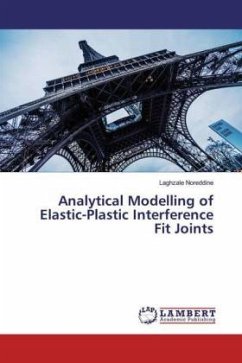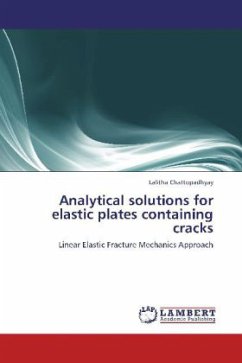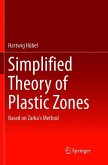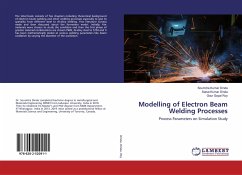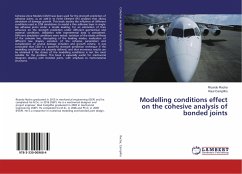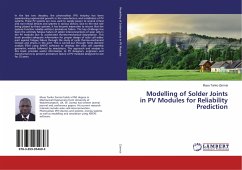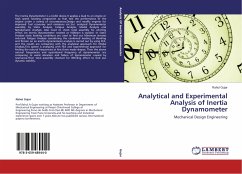This work focuses on the analytical development of the residual stresses when the two assembled parts are circular cylinders and deform elasto-plastically under plane strain condition. The constitutive law that governs their material strain hardening behavior is assumed to follow a general power law which also covers the particular cases of elastic perfectly plastic and bilinear hardening. To validate the developed analytical model (AM), the finite element method (FEM) was used and the results showed good agreement between the two approaches. The results obtained show that the stresses increase when the interference value increases causing maximum stress intensity at the inner surface of the two assembled parts to exceed their material yield stress. After hollow shaft plastic collapse, any increase in interference results in a small increase in residual contact pressure with a large increase of the equivalent stresses localized at the hollow shaft inner surface. The method could be used to determine the maximum value of the interference in order to prevent assembly failure.
Bitte wählen Sie Ihr Anliegen aus.
Rechnungen
Retourenschein anfordern
Bestellstatus
Storno

